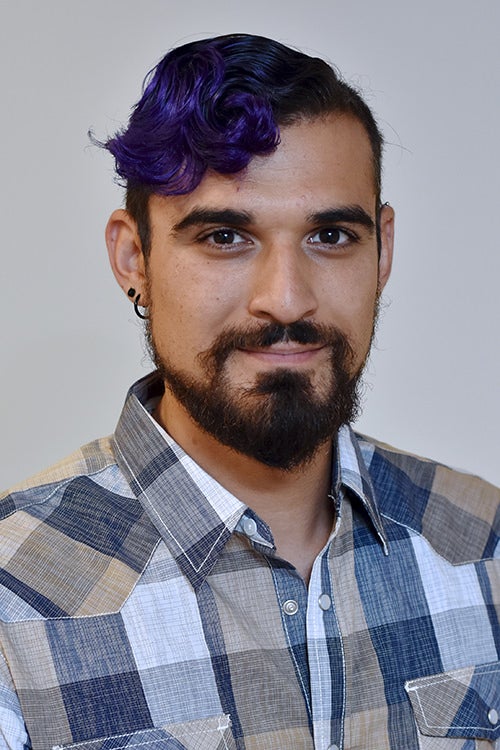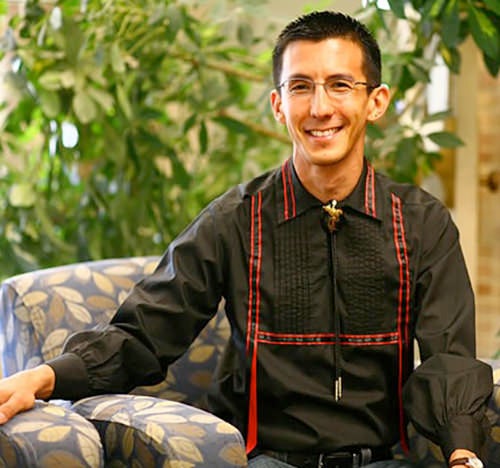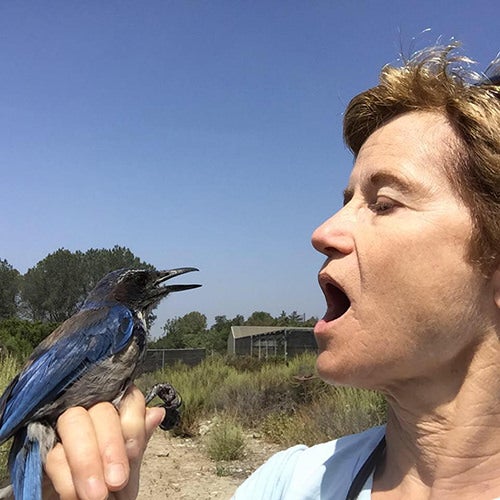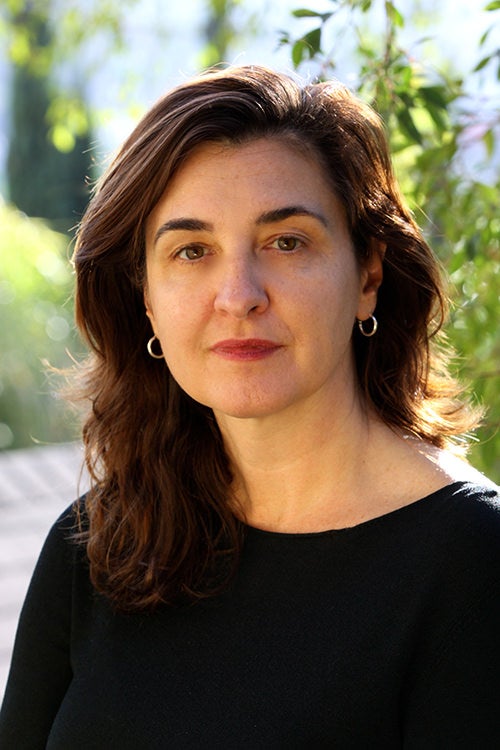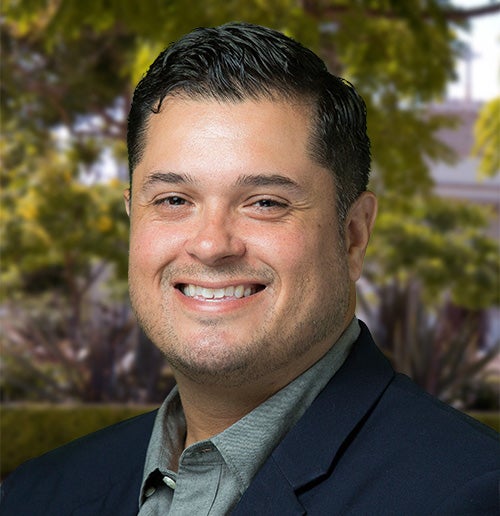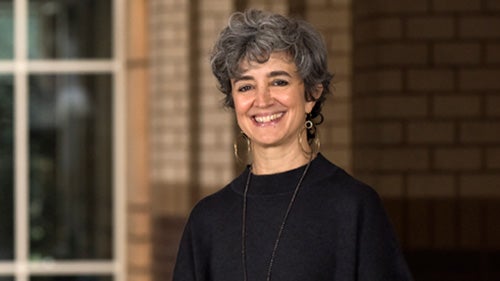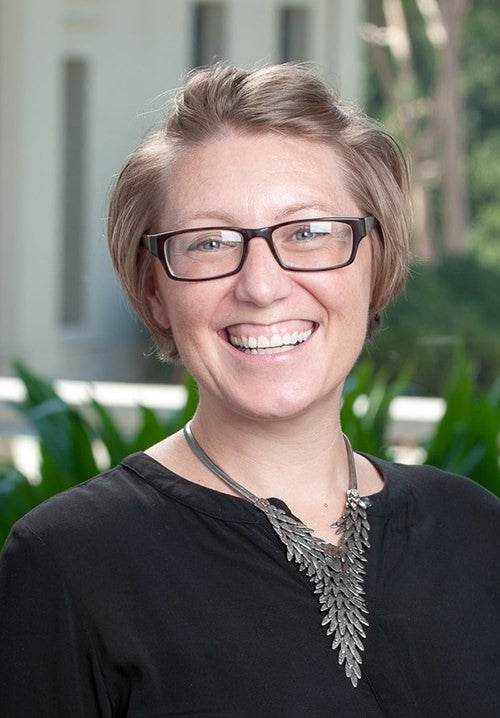|
|
Assistant Professor Iván Eusebio Aguirre Darancou received his Ph.D. from the Department of Romance Languages and Literatures at Washington University in St. Louis in May of 2017. He is currently working on a manuscript tentatively titled “Consuming Bodies: Countercultural Citizens of Mexican Capitalism in the 20th Century,” which traces how a series of cultural artefacts – comics, music, performance, film, concerts, journalism, theatre – were used by citizens during the Mexican post-revolutionary period to generate alternatives narratives of nation, consumption habits, and counterculture. Other research projects involve studying marginalized female and lgbtttqi countercultural producers of the 60s-80s, focusing on a variety of media from children’s books to songbooks to super8mm film production, as well as examining the ways in which humanimal subjectivities interact with ideologies of nationalism and gender. He has published articles on authors Augusto Monterroso, Guillermo Cabrera Infante, Parménides García Saldaña and José Agustín in journals such as Hispanic Review, Tierra adentro, the Revista de Literatura Mexicana Contemporánea and Romance Notes; and is an active member of the Society for Cinema and Media Studies, Latin American Studies Association and UC Mexicanistas. He also works on and has published chapters on film directors such as Nicolás Echevarría and Sergio García Michel. His fields of interest include Latin American literature and culture (emphasis on Mexico), critical theory, film and media studies, queer theory, ethics, and countercultural studies. |
|
|
Wesley Y. Leonard is a citizen of the Miami Tribe of Oklahoma and an Assistant Professor of Ethnic Studies at the University of California, Riverside. Supported by a Ph.D. in Linguistics and experience in community language programs, he researches Native American language reclamation and builds capacity to support reclamation initiatives. A more recent collaborative project that he co-chairs, Natives4Linguistics, promotes Indigenous needs and intellectual tools as ways of doing linguistic science. His work has appeared in journals such as the American Indian Culture and Research Journal, Gender and Language, Language Documentation & Conservation, and Language Documentation and Description. |
|
|
Rachel N. Levin is an associate professor in the Departments of Biology and Neuroscience, and the Gender & Women’s Studies Program at Pomona College. She received her Ph.D. in Neurobiology & Behavior from Cornell University and was a postdoctoral research associate in behavioral endocrinology at the University of Washington. She has conducted extensive research on the function and neuroendocrine control of male and female reproductive behavior and life history strategies in both temperate and tropical free-living birds. She is also the principal investigator on a project that examines biological influences on gender identity and sexuality taking an approach that embraces intersectionality, diversity, and fluidity in identities that has over 1,000 participants |
|
|
Molly McGarry is an associate professor of history at the University of California, Riverside, and teaches courses in nineteenth- and twentieth-century U.S. cultural history, gender and sexuality, American religions, public history, and museum studies. She received her B.A. from Cornell University and Ph.D. from New York University. She is author of Ghosts of Futures Past: Spiritualism and the Cultural Politics of Nineteenth-Century America (2008); co-author with Fred Wasserman of Becoming Visible: An Illustrated History of Lesbian and Gay Life in Twentieth-Century America (1999); and co-editor with George Haggerty of Blackwell’s A Companion to Lesbian, Gay, Bisexual, Transgender, and Queer Studies (2007). Her most recent work analyzes the relationships between religion, sexuality, and the politics of secularism. As a public historian, she has curated exhibitions at the New York Public Library, The Jewish Museum, and UCR’s California Museum of Photography. Her exhibits have received curatorial awards from the American Association of Museums, the American Society for State and Local History, the International Association of Art Critics, and the Society of American Archivists. She has held fellowships from the Smithsonian/National Museum of American History, a Pew Postdoctoral Fellowship in Religion and Media, and the University of California President’s Research Fellowship in the Humanities. |
|
|
Peter Mena is a historian of Christianity with expertise in Christian Late Antiquity. His interests in the literature and cultures of the late-ancient Mediterranean and in contemporary literary and critical theories have furthered his work in considering Latina/o/x theologies and Chicana/o/x religious identities. He teaches courses in Catholic Theology and Early Christianity at the University of San Diego. Mena uses critical theories (postcolonial, gender and queer theories, and cultural studies) as an approach to studying the past with the aim of considering current political, social, cultural moments. He has written about Christian hagiographies in Late Antiquity and their function as cultural, theological, and historical narratives that preserve ideas about ancient Christian understandings of identity, the body, health, pain and disease, orthodoxy and heresy, gender and sexuality, and space. His book, Place and Identity in the Lives of Antony, Paul, and Mary of Egypt: Desert as Borderland, (Palgrave MacMillan) utilizes the work of Chicana writer, thinker, and poet, Gloria Anzaldúa, to consider the descriptions of space and identity in Christian hagiographies. Mena serves on the editorial boards of Feminist Studies in Religion, Studies in Late Antiquity, and the Journal of Hispanic/Latino Theology and is a member of the Task Force for LGBTQ+ members of the Society of Biblical Literature. |
|
|
Catherine Sameh is Assistant Professor of Gender and Sexuality Studies at the University of California, Irvine. Her research interests include Iranian feminism; gender and social movements in the Middle East and Muslim world; Islam; Islamophobia; human rights; transnational feminisms; and women of color feminisms. She is the author of Axis of Hope: Iranian Women’s Rights Activism across Borders, forthcoming from the University of Washington Press. |
|
|
Kristi Upson-Saia is Professor of Religious Studies and Director of the Center for Research & Scholarship at Occidental College. She is a specialist in religions of the late ancient Mediterranean world. Her early research focused on religious dress and performativity in late antiquity. On this topic, she published two books: her monograph, Early Christian Dress: Gender, Virtue, and Authority, and an edited volume, Dressing Judeans and Christians in Antiquity. More recently, her research focus has turned to medicine and healing in late antiquity. She has published a series of articles on wounds and scars and is currently working on a new sourcebook, Medicine, Health, and Healing in the Ancient Mediterranean. With Dr. Heidi Marx, she founded the international working group ReMeDHe (pronounced “remedy”) that supports and coordinates scholars working on the intersection of Religion and Medicine, Disability, and Health in late antiquity. |
